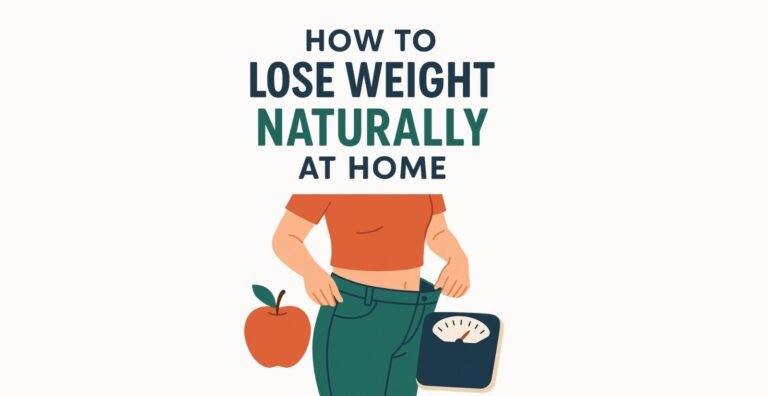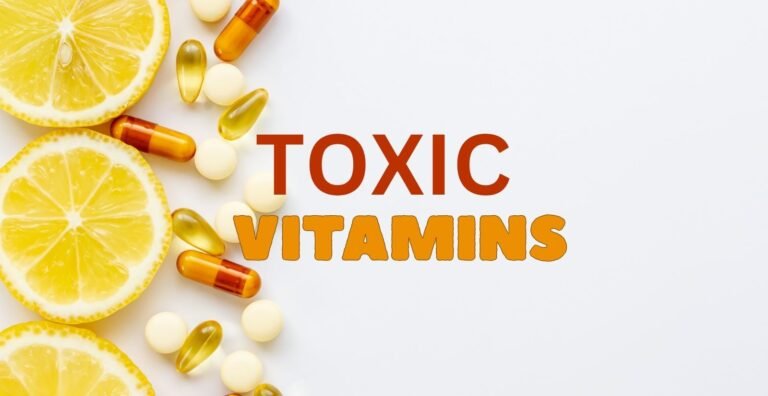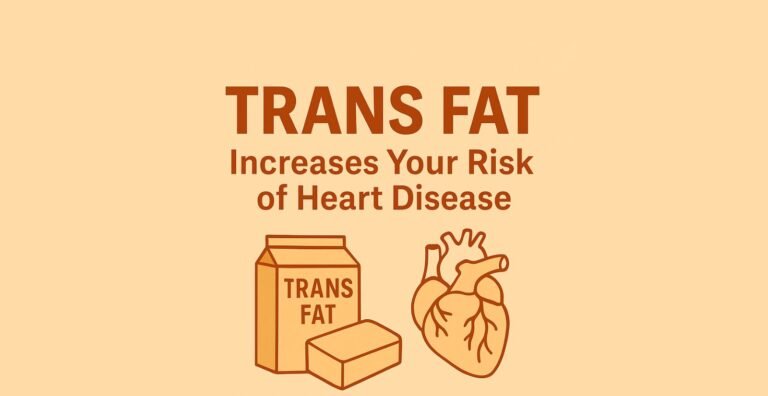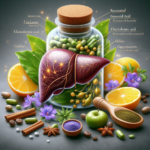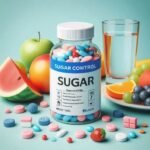Top Health & Wellness Product Reviews with Exclusive Sale Prices!
5 Early Signs of a Heart Attack You Need to Know Now
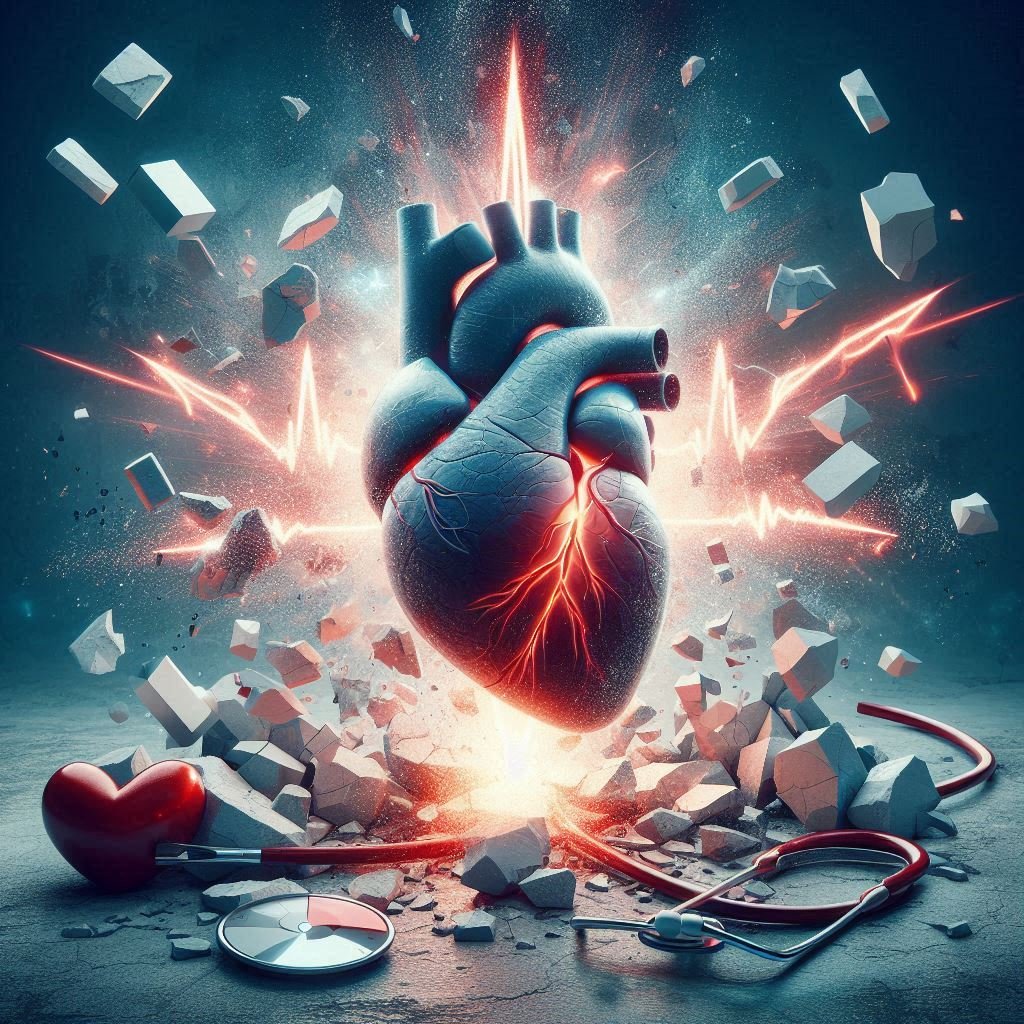
Heart disease remains one of the leading causes of death globally, and heart attacks are among the most critical health emergencies. The good news? Early detection can save lives. Often, people mistake the subtle warning signs of a heart attack for less severe issues like indigestion or fatigue, which delays treatment. Recognizing these signs early and seeking prompt medical attention can significantly improve survival rates and outcomes.
In this comprehensive guide, we’ll discuss the top five early signs of a heart attack, why they happen, and what you should do if you notice them. By the end, you’ll be equipped with life-saving knowledge to protect yourself and your loved ones.
Understanding a Heart Attack: What’s Really Happening?
A heart attack occurs when the flow of blood to the heart is blocked. This blockage is often due to a buildup of fat, cholesterol, and other substances, forming plaque in the arteries. When a plaque ruptures, it can create a blood clot that restricts blood flow. Without sufficient blood, the heart muscle becomes damaged.
While heart attacks are sometimes sudden and dramatic, many begin with subtle symptoms that worsen over time.
1. Chest Pain or Discomfort
Chest pain, also known as angina, is the hallmark symptom of a heart attack. However, not all chest pain feels the same.
How It Feels:
- Tightness or pressure in the chest
- A burning sensation, often mistaken for heartburn
- Pain that lasts for several minutes or comes and goes
Why It Happens:
When the heart doesn’t get enough oxygen-rich blood, the surrounding tissues send pain signals. This discomfort is a warning sign that the heart is under stress.
What to Do:
If you experience unexplained chest pain, especially if it lasts longer than a few minutes or occurs with other symptoms, seek emergency medical help immediately.
2. Shortness of Breath
Feeling out of breath, even with minimal physical activity, can be a red flag.
How It Feels:
- Difficulty catching your breath
- A sensation of tightness in the chest that makes breathing hard
- Feeling winded while at rest
Why It Happens:
Shortness of breath can occur when the heart struggles to pump blood efficiently. This affects the lungs’ ability to exchange oxygen and carbon dioxide.
What to Do:
Shortness of breath that appears suddenly, especially when accompanied by chest pain or fatigue, should never be ignored. Call for medical assistance immediately.
3. Fatigue and Weakness
Unexplained fatigue, particularly in women, is a common yet overlooked symptom of a heart attack.
How It Feels:
- Extreme exhaustion that doesn’t improve with rest
- Difficulty completing everyday tasks
- Weakness that comes on suddenly or progressively
Why It Happens:
When the heart is struggling to pump blood, it redirects oxygen and nutrients away from less critical areas, leaving you feeling drained.
What to Do:
Persistent fatigue that can’t be explained by lifestyle factors warrants a visit to your doctor.
4. Pain in Other Areas of the Body
Heart attack pain doesn’t always confine itself to the chest.
How It Feels:
- Pain radiating to the arms, shoulders, neck, jaw, or back
- Discomfort in one or both arms, often described as a dull ache
- Jaw pain that feels like a toothache
Why It Happens:
Nerve pathways mean pain signals from the heart can be “referred” to other parts of the body, particularly the left side.
What to Do:
If you notice unexplained pain in these areas, especially if it occurs with chest discomfort or shortness of breath, seek immediate medical care.
5. Nausea, Dizziness, or Lightheadedness
Symptoms like nausea, dizziness, or fainting can often be mistaken for a stomach bug or dehydration.
How It Feels:
- Nausea or vomiting with no clear cause
- Feeling dizzy or faint
- Lightheadedness accompanied by a cold sweat
Why It Happens:
Reduced blood flow to the brain and digestive system can trigger these symptoms. Additionally, hormonal changes during a heart attack can create a sensation of nausea.
What to Do:
If these symptoms occur suddenly or with other heart attack signs, treat them as a medical emergency.
Why Early Action Saves Lives
Heart attack symptoms often build gradually before reaching a critical point. Every second counts once symptoms begin. The sooner treatment is initiated, the less damage the heart muscle will sustain.
Key Emergency Steps:
- Call emergency services immediately.
- Chew and swallow an aspirin (unless allergic).
- Stay calm and avoid physical exertion while waiting for help.
Prevention is the Best Cure: Tips for Heart Health
While knowing the symptoms is essential, preventing a heart attack in the first place should always be the goal.
Lifestyle Changes:
- Eat a Heart-Healthy Diet: Focus on whole grains, fruits, vegetables, lean proteins, and healthy fats. Avoid processed foods and excessive sugar.
- Exercise Regularly: Aim for at least 150 minutes of moderate exercise per week.
- Quit Smoking: Smoking damages blood vessels and significantly increases heart attack risk.
- Manage Stress: Practice mindfulness, yoga, or other relaxation techniques.
Regular Health Checkups:
- Monitor your blood pressure and cholesterol levels.
- Discuss any family history of heart disease with your doctor.
- Schedule regular checkups to detect potential risks early.
The Unique Risks for Women
Heart attack symptoms in women can be different and less obvious than those in men. They’re more likely to experience symptoms like nausea, back pain, and fatigue without the classic chest pain. This difference underscores the importance of recognizing a wide range of symptoms.
Conclusion: Don’t Ignore the Signs
Heart attacks can be life-threatening, but early recognition of symptoms can make all the difference. Educate yourself and your loved ones about these five warning signs: chest pain, shortness of breath, fatigue, radiating pain, and nausea.
Your health is in your hands, and knowledge is your best defense. Share this article to spread awareness and encourage others to prioritize heart health.

